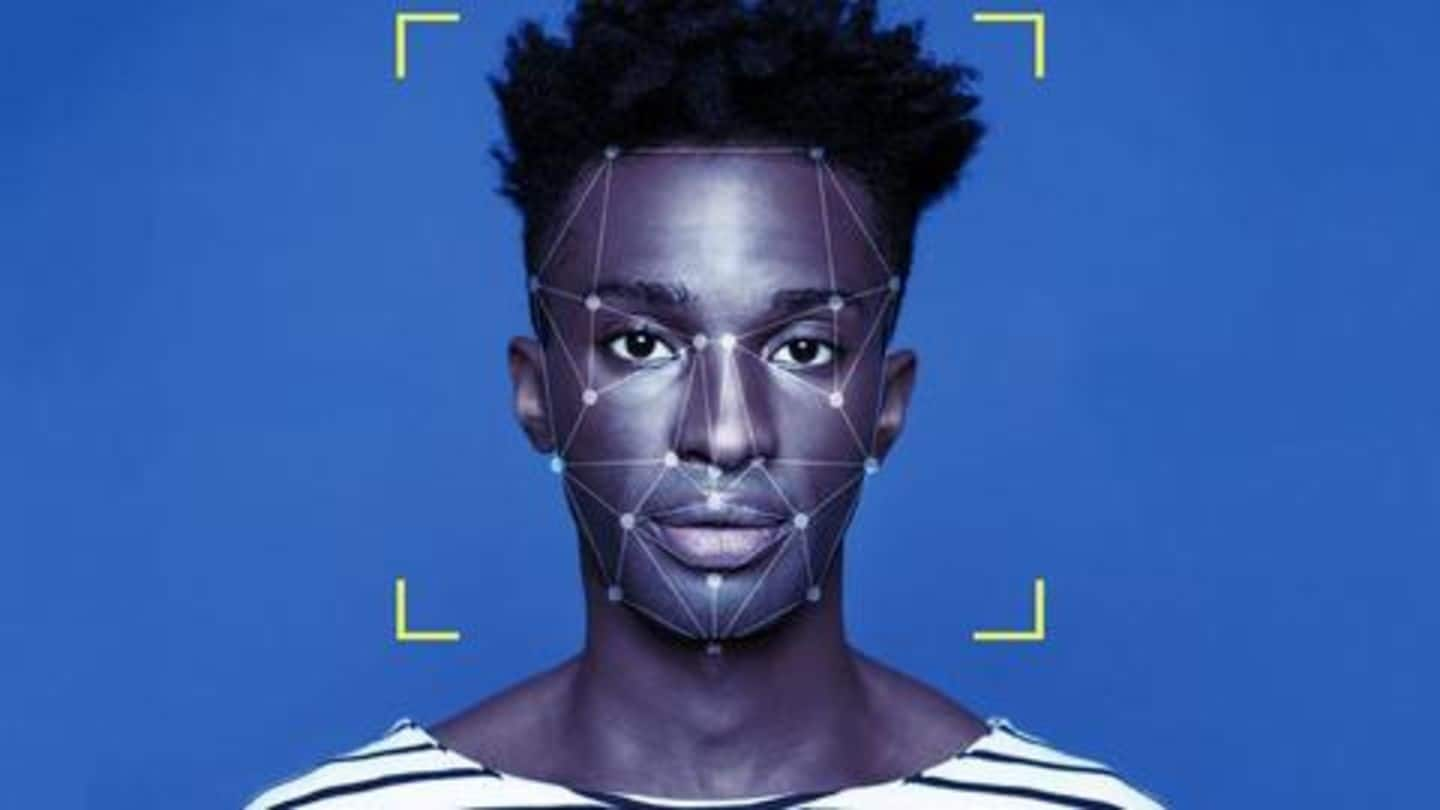
Google paid people to collect their facial scans: Here's why
What's the story
Over the last few days, Google employees have been spotted scanning faces in the public. The company was reported to be paying gift cards worth $5 to gather this information, a move that raised major alarms from privacy advocates. And now, the tech giant has confirmed it did this solely for the facial recognition system of Pixel 4, its next flagship.
Details
Field research to collect data for Pixel 4's facial recognition
Pixel 4 is set to come with a face unlock feature as fast and accurate as Apple's Face ID. The tech for the feature runs on algorithms, which the company has been training with facial data gathered from the public. It revealed the practice to The Verge, noting that the 'field research' was aimed at improving the face detection abilities of the upcoming phone.
Goal
Goal to recognize diverse set of faces
The spokesperson of the company said this research was not only aimed at improving the system's unlocking accuracy but also at ensuring it is able to recognize a diverse set of faces. "Our goal is to build the feature with robust security and performance," the representative said, emphasizing on making it inclusive enough to benefit as many people as possible.
Problem
Bias has long been a problem with facial recognition
Notably, facial recognition systems, particularly that from Amazon, have been affected by racial and gender-based bias in the past. It's a major problem, which Google is trying to avoid by collecting consented facial data from the public. The information being gathered includes infrared, color, and depth data from each face, ambient light level and motion-related data, like how a person picks a phone.
Handling
All the data will be deleted after 18 months
Google says that the face scans it has taken have been encrypted and linked with an abstract ID, one that is not associated with Google accounts or email IDs of the participants. It notes that participants can have their data deleted, but if they don't choose to do so, the information will be removed automatically after a period of 18 months.